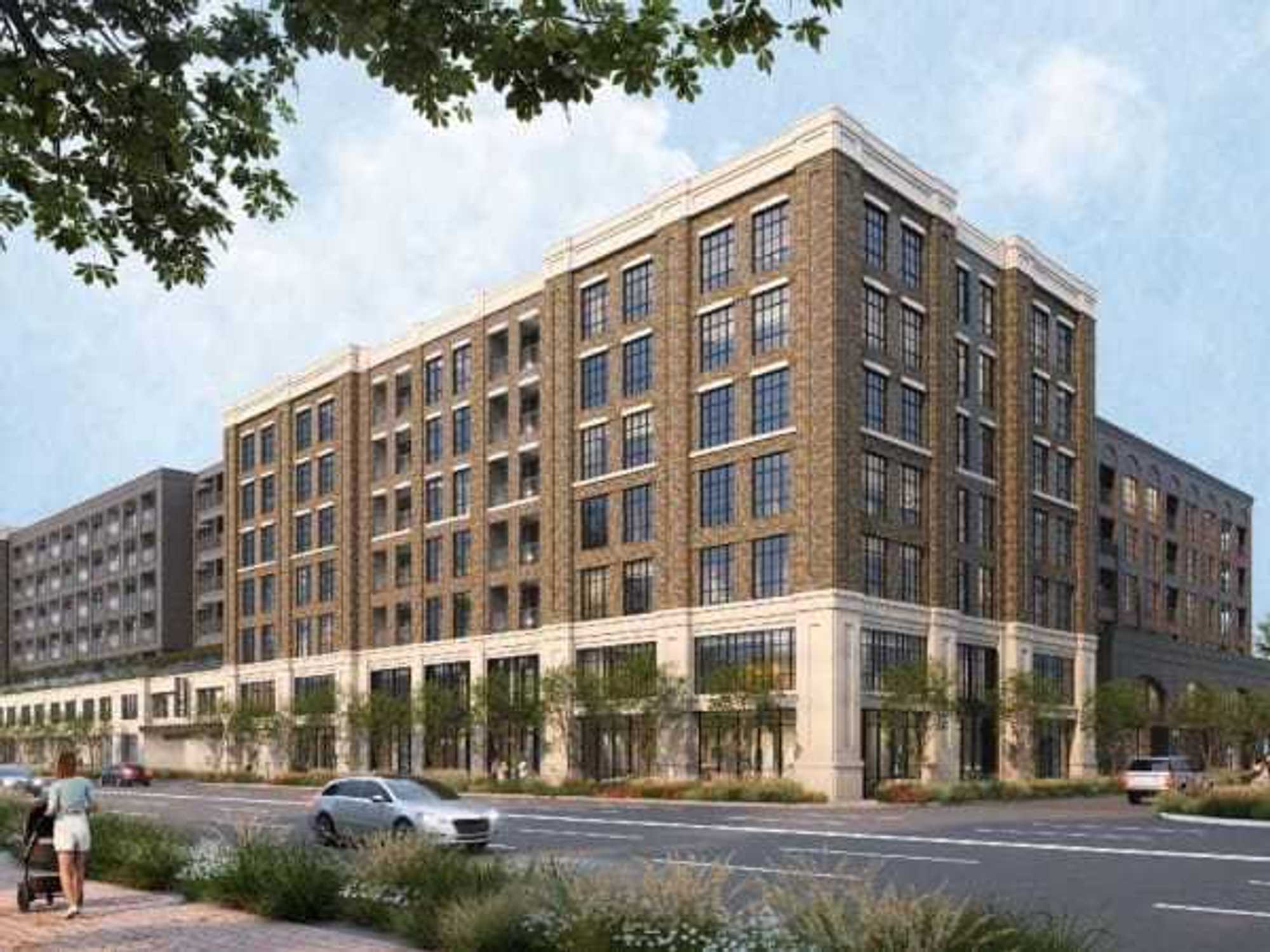Moo-ving up
Fort Worth beats Dallas in new ranking of best cities for startups

Fort Worth folks know that sometimes — okay, many times — it feels like they're living in the shadow of Dallas. Well, a new ranking of the best U.S. cities for startups flips the script by putting Dallas in Fort Worth’s shadow.
In the ranking, produced by commercial real estate platform CommercialCafé, Fort Worth appears at No. 12 among the country’s 20 best cities for startups. The city is three notches above Dallas (No. 15) and seven notches above closer neighbor Arlington (No. 19).
“Fort Worth is coming into its own and embracing the startup scene,” CommercialCafé declares.
CommercialCafé’s analysis looked at the 50 most populous cities in the U.S. For each city, CommercialCafé examined these data points: growth rate for solo businesses, startup survival rate, startup density, startup growth rate, success of Kickstarter fundraising campaigns, education levels, growth in tech employment, wage growth, rent-to-income ratio, coworking costs, and presence of millennials.
Among the factors in Fort Worth’s favor were a low rent-to-income ratio of 15 percent (versus 16 percent in Dallas), tech employment growth of 25 percent (versus 20 percent in Dallas), and millennial population growth of 11 percent (versus 10 percent in Dallas).
Still, Dallas held its own at No. 15. “Ranking third for [coworking] cost affordability and fifth for rent-to-income ratio, Dallas is a place where a tech salary can stretch a long way,” CommercialCafé notes.
As part of an economic development blueprint released in 2017, the City of Fort Worth strives to ensure “that expanding startups see the city as hospitable to their continuing growth.” That includes expanding networking opportunities for entrepreneurs in Fort Worth.
“Communities with a highly engaged, connected, and collaborative startup scene have a built-in advantage in the global competition for high-growth business development,” the city’s economic development plan says.
To help burnish its startup-welcoming attitude and promote tourism, Fort Worth — now the 13th largest city in the U.S., climbing ahead of Columbus, Ohio, and San Francisco in population last year — sent a contingent to this year’s South by Southwest confab in Austin. By contrast, Dallas had no official presence at SXSW.
“Fort Worth is a bit of a blank slate for folks,” said Robert Jameson, president and CEO of Visit Fort Worth, told Texas Monthly of Cowtown’s SXSW blitz this year. “This is an opportunity with people from all around the world, all across the country, to be able to give them a sense of what opportunities exist, what the spirit and energy is for the city of Fort Worth.”
Jameson added that Fort Worth boosters at SXSW were spreading “a message of innovation and inclusion and creativity and technology and inspiration … .”
At No. 1 in the CommercialCafé ranking was Austin. Among the standout statistics for Austin were success of Kickstarter fundraising campaigns (26 percent), tech employment growth (37 percent), millennials’ share of the population (31 percent), startup density (17.9 percent), and growth of solo businesses (3.9 percent).
One way Fort Worth hopes to emulate Austin’s startup success is by mirroring the popularity of SXSW’s interactive conference, a premier tech event that has helped forge Austin’s status as a global tech hub.
“Elevating the Main Street Fort Worth Arts Festival to incorporate tech-related elements that draw an international audience can serve as a vehicle for the attraction of artists, graphic designers, and related creative individuals to Fort Worth,” the city’s economic development plan says.
